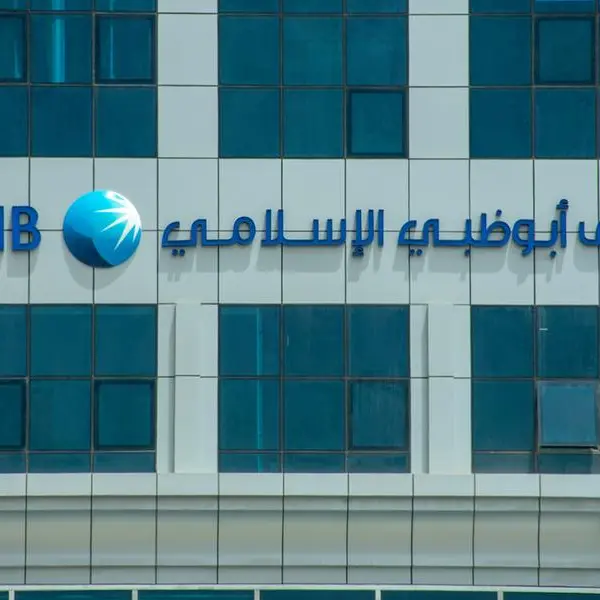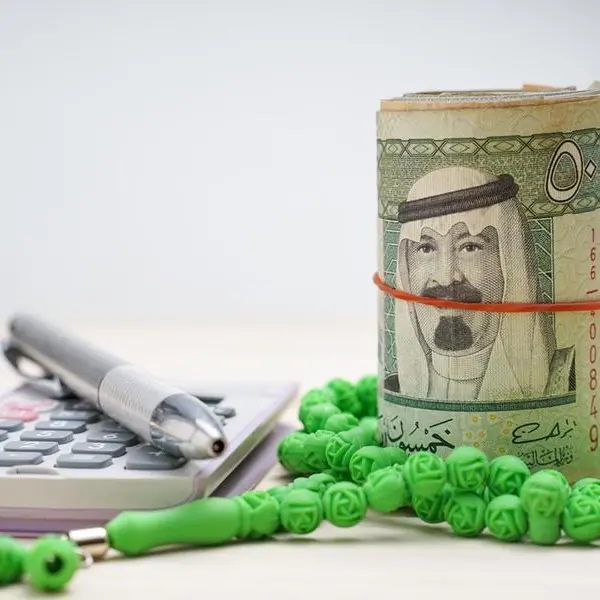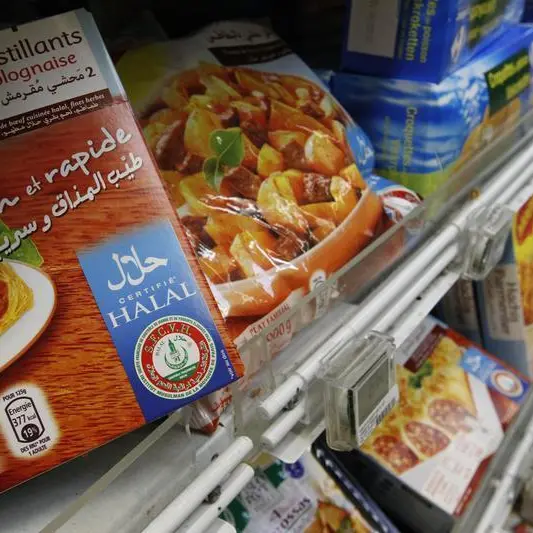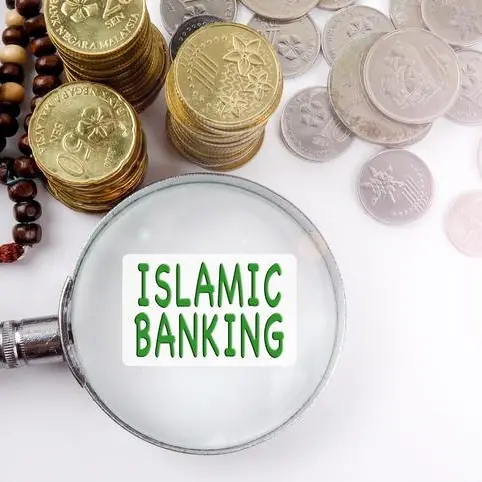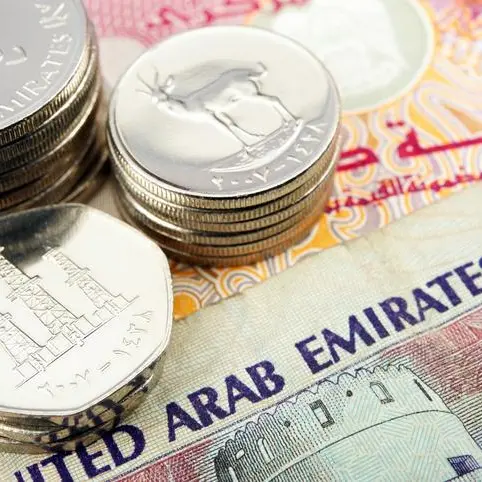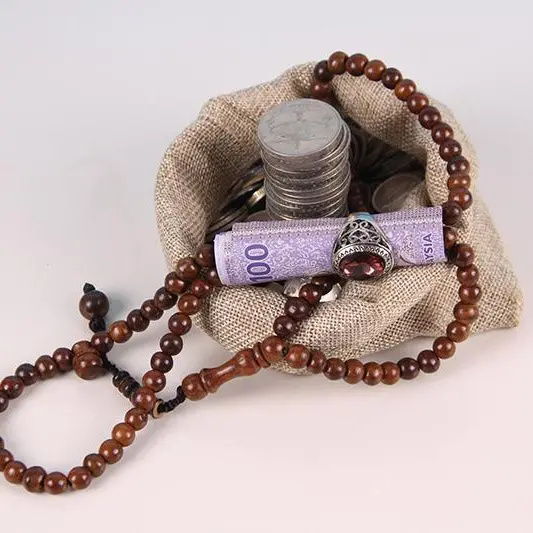PHOTO
RIYADH: An important financial instrument in Islamic and non-Islamic countries alike, the sukuk market has been marginally affected by global uncertainty so far.
Global challenges, triggered by rapid inflation and expected Federal Reserve rate hikes this month, topped by war in Ukraine with Russia, have thrown global markets into a selling frenzy.
To understand the impact of these headwinds on the sukuk market, Arab News spoke to Dino Kronfol, chief investment officer, CIO, for Franklin Templeton Fixed Income in Dubai.
“Year-to-date performance demonstrates resilience in the face of the emerging markets selloff, early in the year, and rates volatility more recently,” said Kronfol.
He pointed out that sukuk is down approximately 2.6 percent versus 9.2 percent for emerging market bonds and 5.1 percent for investment-grade bonds.
Kronfol, who is responsible for managing the investment process and performance of the Global Sukuk and MENA Fixed Income teams, was referring to long-term instruments and not short-term three months sukuk.
Geopolitical situation
The CIO underlined that Ukraine and Russia are remote from sukuk issuing countries and that “the linkages were not direct or easy to identify.” He highlighted that global sukuk portfolios typically have no direct exposure to Eastern Europe, including Ukraine, Russia and Belarus.
“There is nonetheless always an impact when geopolitical escalations such as (the Ukraine crisis) materialize. Yet, global sukuk’s defensive characteristics appear set to stand out once again,” he pointed out.
Global outstanding sukuk, including short-term sukuk, reached $711.3 billion in 2021, 12.7 percent higher a year ago, with the jurisdictions of GCC, Malaysia, Indonesia, Turkey and Pakistan issuing $230.2 billion of sukuk in 2021, according to Fitch Ratings. Conversely, a number of sukuk issuers defaulted in 2021, namely Serba Dinamik Holdings Berhad and PT Garuda Indonesia.
GCC credit ratings
The GCC countries, which are oil exporters, are currently among the best-positioned emerging markets to weather the ongoing crisis, explained Kronfol.
“They are benefiting from higher oil prices without any of the linkages or exposure to geopolitical events in Eastern Europe. They also retain high credit ratings and are rebuilding financial buffers to manage through potential stress,” he underlined.
Looking at the market in the broader sense, Kronfol explained that despite international uncertainty, the market impact has been minimal for global sukuk. “It is relatively well placed compared to other fixed-income sectors,” he added.
“We view recent developments as extremely serious that warrant a patient, risk-aware approach to deploying capital.”
When it comes to rising interest rates and high oil prices, which are being priced negatively by investors, global sukuk are still conversely well positioned compared to other fixed-income instruments, underlined Kronfol.
Risk management
Sukuk markets, he explained, have less duration or interest rate risk than other fixed-income sectors. “This is very helpful if rates continue to rise,” he stressed.
More encouragingly, he added, is the fact that innovation in Islamic finance has made risk management tools — to hedge against the rise in benchmark rates — more accessible so that portfolio managers can take measures to reduce the risk that comes from rising rates.
In addition, Kronfol pointed out that markets have swung a considerable way the past three months, with expectations of more than five rate hikes by the Federal Reserve still priced in, “which we think may be overdone.”
“It will prove to be a challenge for the Fed to deliver it, with growth moderating and uncertainty is compounded by the invasion,” he added.
Impact of high oil price
Higher oil prices could mean a decline in sukuk market issuance as fewer countries face the need to borrow.
Sukuk issuance dropped 12 percent to $181 billion in 2021, while sukuk issuance activity is expected to further decline to $160-$170 billion in 2022, Moody’s predicted. This would represent a marginal correction in the issuance of 6 percent.
Moody’s figures include, nonetheless, both long- and short-term sukuk. Despite challenges, long-term sukuk still managed to grow between 2020 and 2021, from $67.5 billion to around $75 billion, according to the Bloomberg Sukuk Index.
With higher oil prices, a stronger economic recovery, and lower sovereign funding needs in GCC, sukuk issuance could slow or face a marginal decline because of the region’s strong performance, admitted Kronfol.
Economic growth
He believes that regional economic growth rates will remain strong in 2022, around 4 percent for the region, and budgets will most likely move into positive territory if fiscal discipline is maintained.
Against this positive macro backdrop, he warned global sukuk issuance might find it challenging to surpass last year’s $75 billion (long-term sukuk) in issuance.
Yet economic recovery could also mean higher sukuk prices.
“Higher oil prices are very positive for the credit trajectory of oil exporters, and with the GCC representing almost 70 percent of the global sukuk index, it is reasonable to assume credit risk to remain contained,” said Kronfol.
In fact, at $100 oil, he pointed out the GCC collectively generates an additional $150 billion in revenue, “which turns budgets and current accounts into surplus and reduces the amount sovereigns need to issue, further supporting sukuk prices.”
The CIO explained that previous (long-term) sukuk valuations have been rich, reflecting the material improvement in the balance sheets and operating environment of sukuk issuing countries.
Improved growth, as markets reopened, leading number of vaccination drives and higher oil prices account for the GCC’s strong performance, more specifically, when compared to broader emerging markets or credit markets, which had to contend with more challenging conditions since the end of last year.
“We are therefore cautious because of these (high) valuations and think maintaining some cash and a defensive posture is warranted given the uncertainty we face and the potential for market volatility. We are, however, constructive on growth and fundamentals, so we will look to add risk when markets fluctuate,” he said.
Yet despite challenges stemming that come from uncertain inflation and a change in the Federal Reserve policy, global sukuk continues to make sense for investors looking to protect and diversify their portfolios, he concluded.
Copyright: Arab News © 2022 All rights reserved. Provided by SyndiGate Media Inc. (Syndigate.info).

